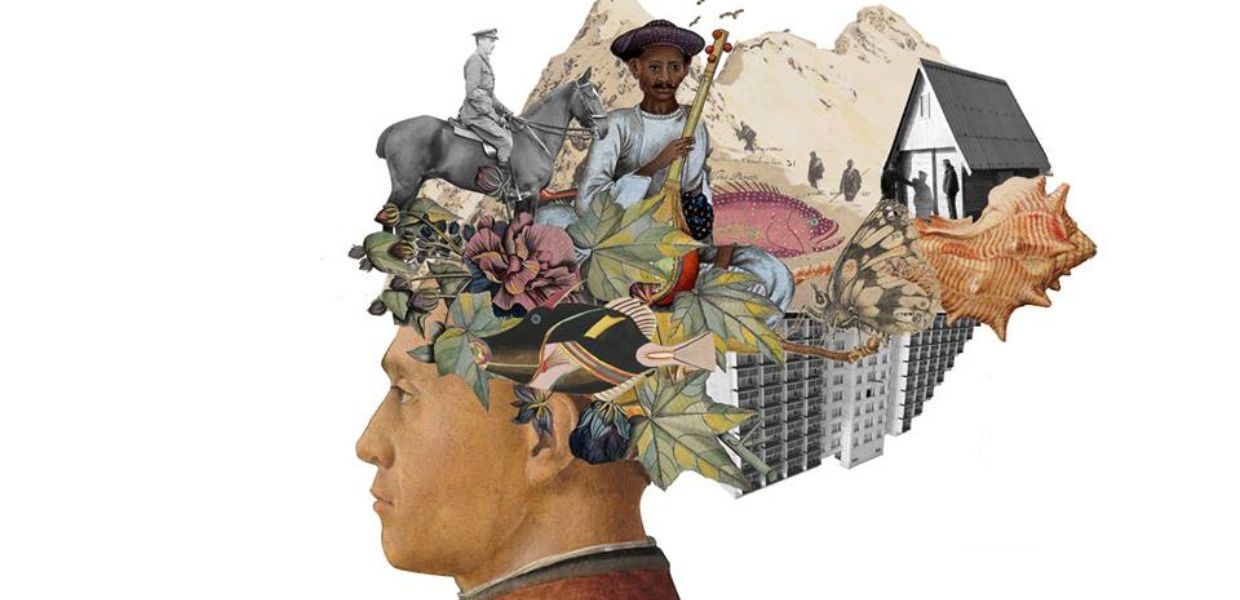Across Europe, cultural heritage organisations are facing a crucial challenge: how to remain sustainable while staying meaningful and inclusive in a rapidly changing society. The RECHARGE project, funded by the Horizon Europe programme, has spent the last three years tackling this issue head-on. A consortium of ten partners coordinated by Erasmus University Rotterdam, RECHARGE brings together a rich mix of expertise, from museums and cultural heritage institutions to think tanks, universities, European associations and foundations. By experimenting with participatory business models and embedding collaboration at every stage, RECHARGE has provided cultural organisations with practical tools and fresh perspectives for shaping the future of our sector.
At its core, RECHARGE is about reimagining how cultural heritage organisations engage with their communities. Instead of acting as gatekeepers, the project envisions institutions as facilitators, creating opportunities for people not only to access collections, but to co-create, co-decide and co-own cultural heritage. This vision resonates with many organisations that are already working towards connecting with diverse audiences, but it takes the ambition further by embedding participation into governance, financing and long-term strategy.
From Living Labs to real-world change
RECHARGE has achieved this transformation through a Living Labs methodology: real-world environments where organisations can test and refine participatory business models. The project started with three Living Labs and later gave six other European organisations the opportunity to take part in the project, experimenting with approaches that invited communities, professionals and policymakers to collaborate. These experiences generated concrete insights about what works, what doesn’t and what needs to change at both institutional and policy levels.
The project experience showed that participation is not a one-off workshop or consultation, but an ongoing practice. It requires time, resources, and above all, a willingness to share decision-making and power. This is not always easy for organisations used to working within traditional structures, but the project has shown that it leads to stronger connections with communities, trust-building strategies and more sustainable ways of working.
A roadmap for participation
One of RECHARGE’s outcomes is its set of policy recommendations. These provide a comprehensive framework for strengthening the role of cultural heritage organisations in Europe. The recommendations advocate for embedding participatory approaches into policies, funding schemes and institutional frameworks, ensuring that participation is not just an aspiration but a supported practice.
The recommendations are aimed at a wide audience:
Policy- and decision-makers at European and national levels, who can integrate participation into funding mechanisms and strategic priorities.
Networks and alliances that connect professionals across the cultural heritage sector, who can use these insights to strengthen collaboration and advocacy.
Cultural heritage organisations themselves – from museums to archives and creative industries – that are seeking practical ways to diversify revenue streams and build inclusive governance structures.
For each of these groups, the benefit is clear: adopting participatory business models strengthens sustainability, fosters innovation and ensures that cultural heritage remains relevant to communities across Europe.
Lessons learned along the way
The RECHARGE partners have learned valuable lessons from this journey. Among the most important is the realisation that cultural heritage organisations should be open to experimentation. By testing new participatory business models, organisations can discover opportunities to diversify their income while at the same time deepening their connections with communities.
Another key lesson is that participation needs to move beyond audience development. When diverse stakeholder are invited into governance processes, sharing resources, knowledge and responsibility, the results are more inclusive, more resilient and ultimately more impactful. This shift requires courage and commitment, but it offers a path towards organisations that are not only culturally significant but socially indispensable.
RECHARGE Final Event: celebrating progress
On 11 September the RECHARGE final event took place in Prato, Italy. It showcased the project’s achievements and the lessons learned. Presentations from the nine Living Labs highlighted how participatory methodologies foster experimentation, community engagement, and iterative project strategies. Project partners demonstrated how the RECHARGE playbook supports organisations in designing living labs, understanding stakeholder needs, and testing participatory business models. Attendees also explored the Knowledge Base, featuring practical tools, research, and policy recommendations.
Discussions on participatory business models emphasised integrating participatory practices alongside new revenue strategies. The project’s policy recommendations addressed barriers to participation, long-term partnerships, and financial sustainability.
The final panel stressed the importance of trust, regulation, and genuine co-creation to strengthen cultural democracy. The event was a success, planting seeds for lasting impact beyond the project.
Why does it matter?
For cultural heritage professionals, the RECHARGE outcomes offer more than abstract ideas: they provide concrete strategies for navigating today’s challenges. Whether you work in a small local museum or a large national archive, the principles of co-creation, co-governance and co-ownership can help you strengthen your organisation’s sustainability and relevance.
For networks and policymakers, the project provides evidence-based recommendations to inform decisions, allocate resources, and design frameworks that reflect the current realities.
Find out more
The future of cultural heritage is to become more participatory and inclusive. You can help shape it. Visit the RECHARGE platform to explore the full policy recommendations and discover practical tools for your organisation. Share these insights, start conversations, and advocate with policymakers across Europe to ensure cultural heritage becomes more inclusive, sustainable and resilient.


